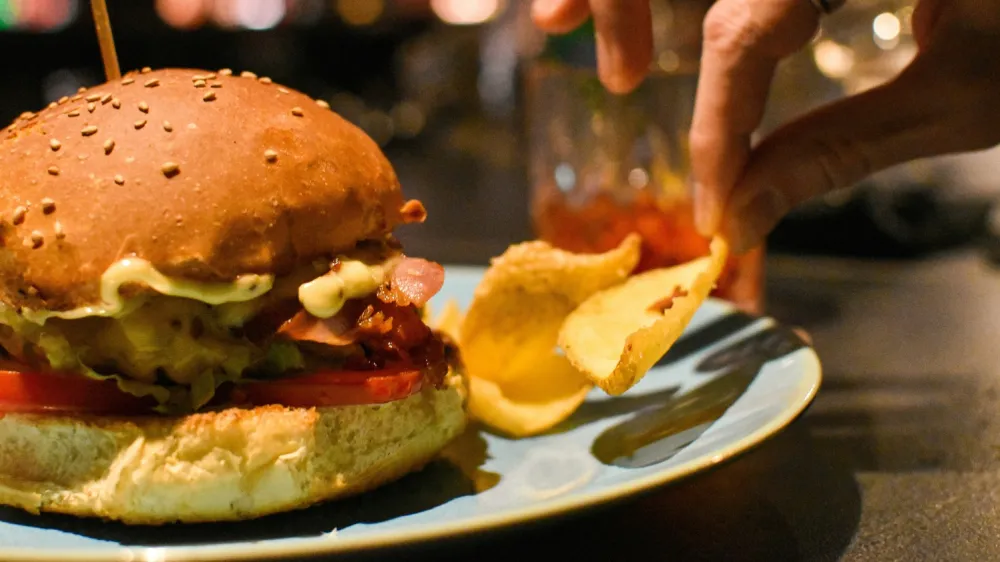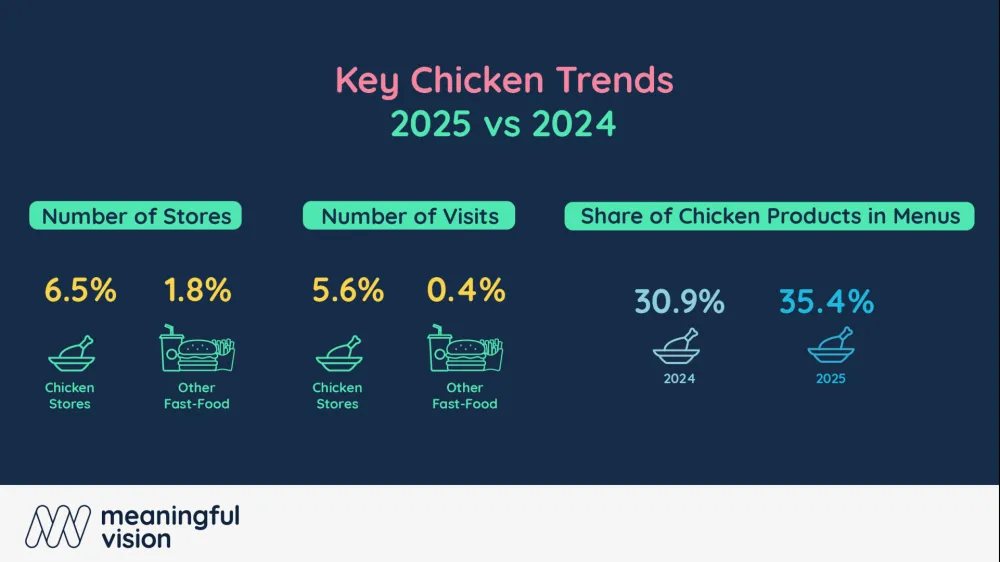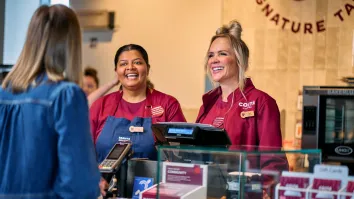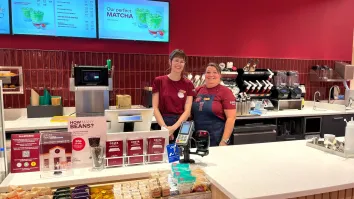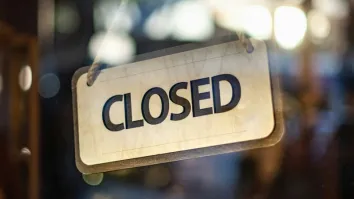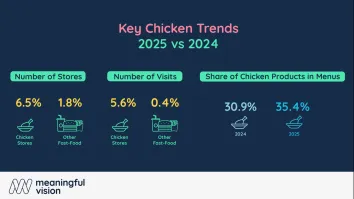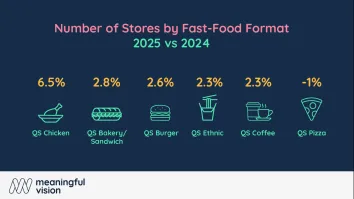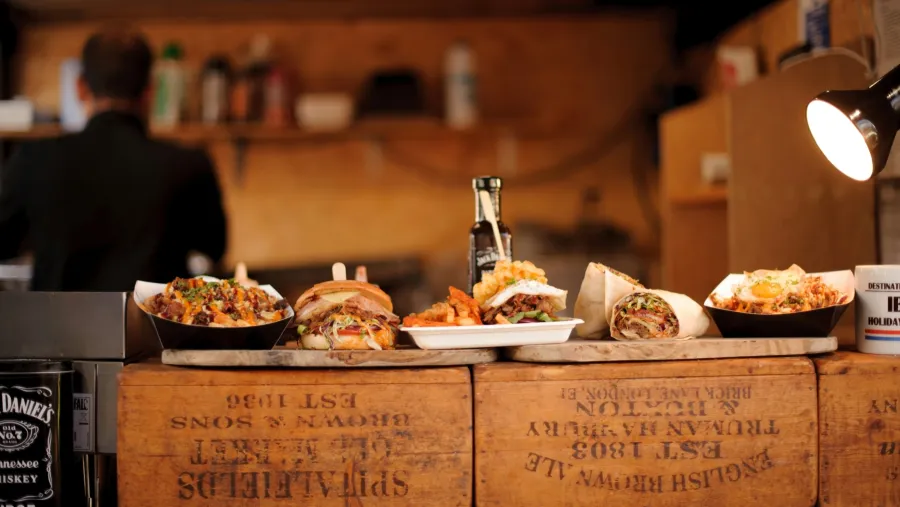
Rising costs push hospitality leaders to cut growth budget
Nearly two-thirds have increased their operational expenditure over the last 12 months.
Increasing operational costs are forcing most hospitality leaders to cut down on their capital expenditure, potentially stifling their own growth.
Data from the Business Confidence Survey by CGA by NIQ, and Sona revealed that two-thirds (63%) of hospitality leaders said that they have increased their operational expenditures over the last 12 months following inflationary pressures on the costs of labour, food and drink, and other key inputs.
However, only a third (34%) have increased their capital expenditure. Close to half (45%) have been forced to cut their capex—more than double the 20% who have reduced their operational expenditure.
25% of hospitality leaders are currently able to increase both their operational and capital expenditure, but 14% forced to reduce both. 9% of leaders report that they now have no cash reserves to draw on, whilst 53% have fewer than six months of reserves.
Meanwhile, 22% of independents have increased their capital expenditure year-on-year, whilst 60% have been forced to cut it, 15 percentage points more than the sector average.
Intense cost pressures are forcing businesses to make difficult decisions on investment, but leaders recognise the value of capex in sustaining sales and keeping pace with competitors.
Two-thirds (65%) of leaders say site refurbishments are a high or medium priority for investment, while 55% say the same about workforce management technology. Half (50%) identify both customer-facing technology and site acquisitions as high or medium priorities.
While three in five (61%) leaders say the economic environment is currently a barrier to their capital expenditure, only 27% cite consumer sentiment.
Karl Chessell, director - hospitality operators and food, EMEA at CGA by NIQ, said sain that April’s increases in pay levels and National Insurance contributions have added yet more weight to the heavy cost burdens on hospitality businesses.
Chessell said these increases have further polarised the sector, between successful and efficient businesses that can invest across the board, and weaker ones that are struggling to keep up with day-to-day costs and are scaling back capital projects.
“All leaders are acutely aware of the importance of capex, especially in areas like technology, which can unlock efficiencies and extra revenue. Investment here feels a big stretch for some operators at the moment—especially smaller ones—but it’s going to be essential if businesses are to stay competitive and meet guests’ evolving needs,” Chessell said.
